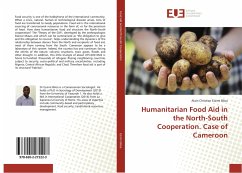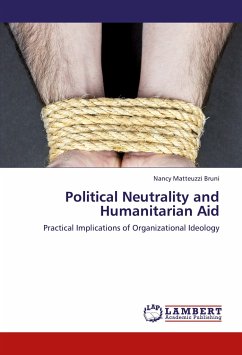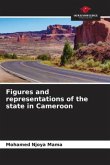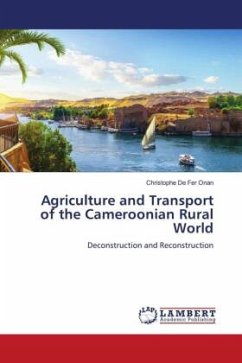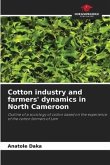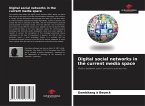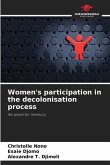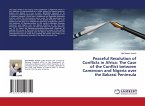Food security is one of the hobbyhorse of the international community. When a crisis, natural, human or technological disaster arises, tons of food are transferred to needy populations. Food aid is the international sourcing of concessional resources in the form of, or for the provision of food. How does humanitarian food aid structure the North-South cooperation? The "Theory of the Gift", developed by the anthropologist Marcel Mauss and which can be summarized as "the obligation to give and the obligation to receive", helps understanding the dynamics of the relationship between donors from the North and recipients of food aid, most of them coming from the South. Cameroon appears to be a laboratory of this system. Indeed, the country has and continues facing the whims of the nature: volcanic eruptions, toxic gases, floods and other drought. In addition, this little triangle of about 475.000 KM2 is home to hundred thousands of refugees fleeing neighboring countries subject to security, socio-political and military uncertainties, including Nigeria, Central African Republic and Chad. Therefore food aid is part of its structural "habitus".
Bitte wählen Sie Ihr Anliegen aus.
Rechnungen
Retourenschein anfordern
Bestellstatus
Storno

